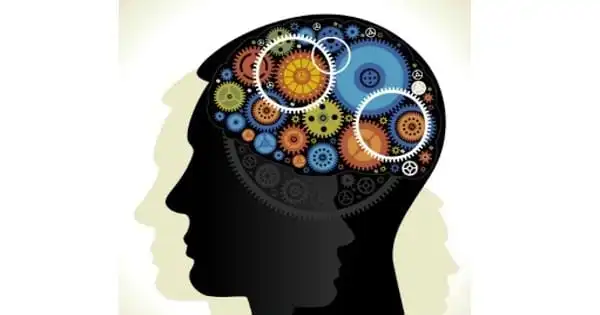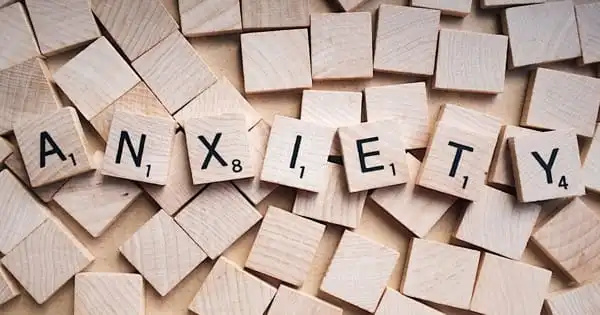When faced with adversity, qualitative evidence suggests that religious coping methods are used, and evidence also supports the effectiveness of cognitive reappraisal in lowering the influence of painful emotions on well-being. It has been proposed that religious activities may assist the use of reappraisal by encouraging the reframing of negative cognitions in order to change emotional states. However, the relationship between religiosity and reappraisal in influencing resistance against distress symptoms is unknown.
A new study indicates that religious persons who face life crises rely on emotion-regulation mechanisms that psychologists frequently utilize. They seek out positive ways of thinking about adversity, a strategy known as “cognitive reappraisal” among psychologists. They also have a strong belief in their ability to deal with adversity, a feature known as “coping self-efficacy.” Both have been demonstrated to alleviate anxiety and depression symptoms.
Despite evidence that faith-based and spiritual coping improves people’s mental health, stigma surrounds the need for psychological care in general, and this coping method in particular, in the charity sector.
It appears that religious people are using some of the same tools that psychologists have systematically identified as effective in increasing well-being and protecting against distress. This shows that science and religion are on the same page when it comes to dealing with adversity.
Professor Florin Dolcos
The new findings were published in the Journal of Religion and Health.
“It appears that religious people are using some of the same tools that psychologists have systematically identified as effective in increasing well-being and protecting against distress,” said Florin Dolcos, a psychology professor in the Beckman Institute for Advanced Science and Technology at the University of Illinois Urbana-Champaign who led the study with psychology professor Sanda Dolcos and graduate student Kelly Hohl. “This shows that science and religion are on the same page when it comes to dealing with adversity,” he said.
The study was driven in part by previous research revealing that religious persons utilize a coping strategy that closely mimics cognitive reappraisal.
“For example, when someone dies, a religious person may say, ‘OK, now they are with God,’ but a non-religious person may respond, ‘Well, at least they are no longer suffering,'” Florin Dolcos explained. In both circumstances, the individual finds solace in recasting the situation in a more favorable light.
The researchers recruited 203 volunteers with no clinical diagnoses of depression or anxiety to see if religious people rely on – and benefit from – reappraisal as an emotion-regulation method. Fifty-seven of the study participants were also asked about their level of religion or spirituality.

The participants were asked to choose from a list of alternatives that described their attitudes and practices.
“We inquired about their coping mechanisms. So, in terms of religious coping, we questioned if people seek solace in their religious or spiritual views “Hohl stated. “We asked them how often they reappraise unfavorable experiences in order to find a more positive way of framing them, or if they conceal their emotions.”
The researchers also assessed individuals’ confidence in their ability to manage and asked them questions meant to assess their sadness and anxiety symptoms. Hohl stated that she searched for links between coping mechanisms, religious or nonreligious attitudes and practices, and levels of discomfort. She also performed a mediation analysis to discover which practices had the most influence on outcomes such as depression or anxiety.
“We don’t know which technique is promoting this favorable outcome if we merely look at the association between religious coping and lower anxiety,” Sanda Dolcos said. “The mediation analysis assists us in determining whether religious people use reappraisal as an effective method of reducing their distress.”
The analysis also examines whether an individual’s confidence in their ability to handle crises – another factor associated with less depression and anxiety, according to psychological studies – “facilitates the protecting role of religious coping against such symptoms of emotional distress,” according to Sanda Dolcos. “We discovered that when people use religious coping, they had less anxiety or depression symptoms.”
She claimed that cognitive reappraisal and coping self-efficacy were factors in the reduction of distress symptoms.
Hohl believes the study will be of interest to clinical psychologists who work with religious clients. “It should also speak to clergy or church leaders who can promote this type of reassessment to assist parishioners make sense of the world and boost their resilience to stress.”
“I hope this serves as an example of how religion and science may collaborate to maintain and improve well-being,” Florin Dolcos remarked.
















